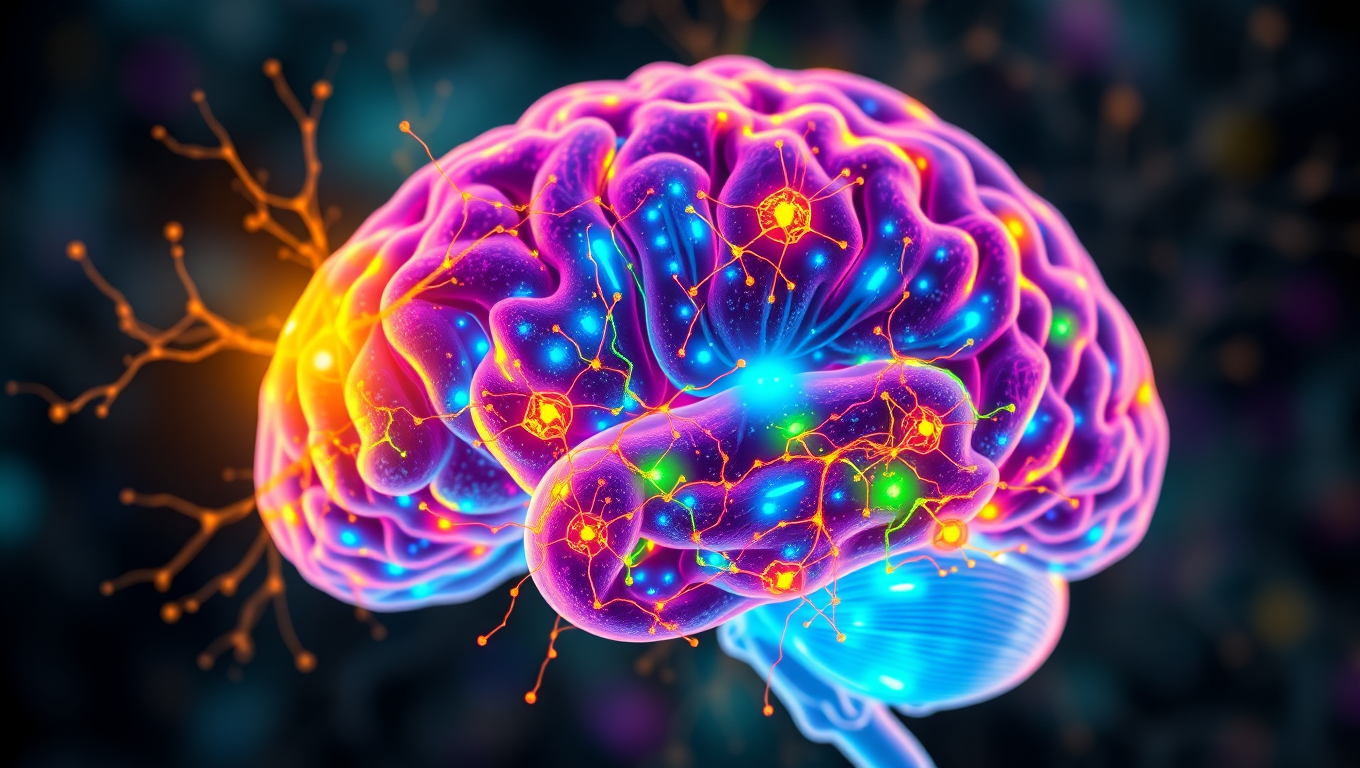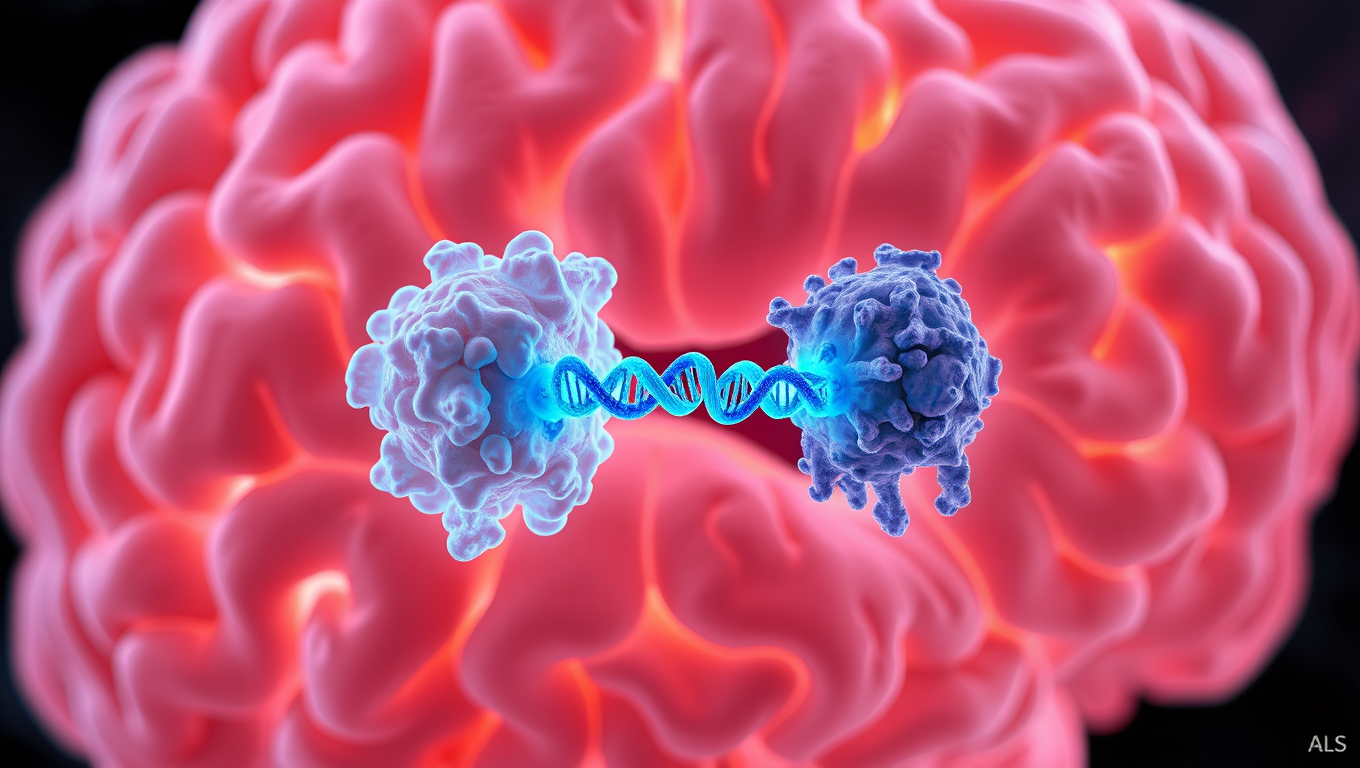While we try to keep things accurate, this content is part of an ongoing experiment and may not always be reliable.
Please double-check important details — we’re not responsible for how the information is used.
Genes
“New Neurons in Old Brains: Groundbreaking Study Confirms Neurogenesis in Adult Human Brain”
Researchers from Sweden have discovered that the human brain continues to grow new cells in the memory region—called the hippocampus—even into old age. Using advanced tools to examine brain samples from people of all ages, the team identified the early-stage cells that eventually become neurons. These findings confirm that our brains remain more adaptable than previously believed, opening the door to potential treatments for memory loss and brain-related disorders.

Artificial Intelligence
Accelerating Evolution: The Power of T7-ORACLE in Protein Engineering
Researchers at Scripps have created T7-ORACLE, a powerful new tool that speeds up evolution, allowing scientists to design and improve proteins thousands of times faster than nature. Using engineered bacteria and a modified viral replication system, this method can create new protein versions in days instead of months. In tests, it quickly produced enzymes that could survive extreme doses of antibiotics, showing how it could help develop better medicines, cancer treatments, and other breakthroughs far more quickly than ever before.
Cold and Flu
“Unlocking the Mystery: Scientists Discover How to Break Down Brain Cell Clumps and Develop New Treatment”
Scientists have discovered how harmful clumps inside brain cells—linked to diseases like ALS and Huntington’s—form, and found a way to break them apart. These sticky tangles of RNA develop inside tiny liquid-like droplets in cells and can linger long after their surroundings vanish. By introducing a special protein, the team could stop the clumps from forming, and with a custom-designed piece of RNA, they could even dissolve them.
Diet and Weight Loss
A New Genetic Test to Predict Obesity Before Kindergarten: A Breakthrough in Preventing Childhood Obesity
A groundbreaking study involving genetic data from over five million people has uncovered how our DNA can predict obesity risk as early as childhood. The new polygenic risk score outperforms previous methods, helping to identify high-risk children before weight issues develop paving the way for early lifestyle interventions.
-

 Detectors10 months ago
Detectors10 months agoA New Horizon for Vision: How Gold Nanoparticles May Restore People’s Sight
-

 Earth & Climate12 months ago
Earth & Climate12 months agoRetiring Abroad Can Be Lonely Business
-

 Cancer11 months ago
Cancer11 months agoRevolutionizing Quantum Communication: Direct Connections Between Multiple Processors
-

 Albert Einstein12 months ago
Albert Einstein12 months agoHarnessing Water Waves: A Breakthrough in Controlling Floating Objects
-

 Chemistry11 months ago
Chemistry11 months ago“Unveiling Hidden Patterns: A New Twist on Interference Phenomena”
-

 Earth & Climate11 months ago
Earth & Climate11 months agoHousehold Electricity Three Times More Expensive Than Upcoming ‘Eco-Friendly’ Aviation E-Fuels, Study Reveals
-

 Agriculture and Food11 months ago
Agriculture and Food11 months ago“A Sustainable Solution: Researchers Create Hybrid Cheese with 25% Pea Protein”
-

 Diseases and Conditions12 months ago
Diseases and Conditions12 months agoReducing Falls Among Elderly Women with Polypharmacy through Exercise Intervention





























